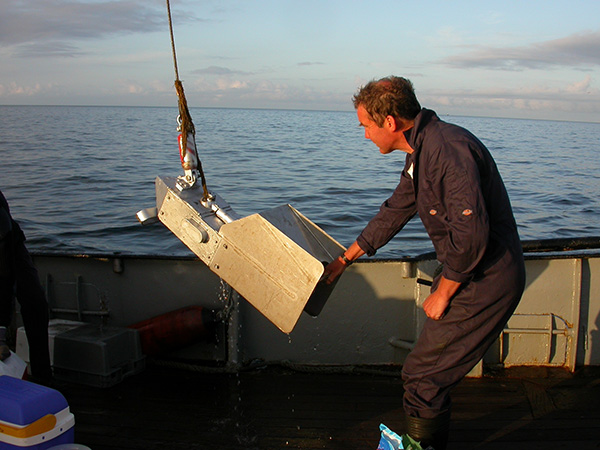CLASS capitalises on current and past National Capability and strategic programme outcomes to address four key knowledge gaps related to ocean variability, biodiversity and resultant functional capacity of the Atlantic

Understanding the Changing Atlantic Ocean
The Atlantic ocean, including its adjacent seas and shelves, is hugely important for citizens of Northern Europe, including the UK. The Atlantic Meridional Overturning Circulation (AMOC) transports heat northwards, and keeps north-west Europe 3ºC warmer than comparable latitudes on the western margin of the Atlantic. It also enables the North Atlantic to play an inordinately greater role in the global carbon cycle than would be expected for its size. The AMOC's northwards supply of nutrients sustains high levels of biological productivity in the subpolar gyre leading to a strong biological uptake of carbon, while the overturning’s associated heat loss facilitates intense solubility-driven uptake of both natural and anthropogenic carbon (Canth) and their transport to depth. The Atlantic supports diverse biological communities in the water column and at the seafloor which constitute biodiversity reservoirs, act to store carbon in the oceans, and underpin the marine food web; in essence the ocean’s natural capital.
